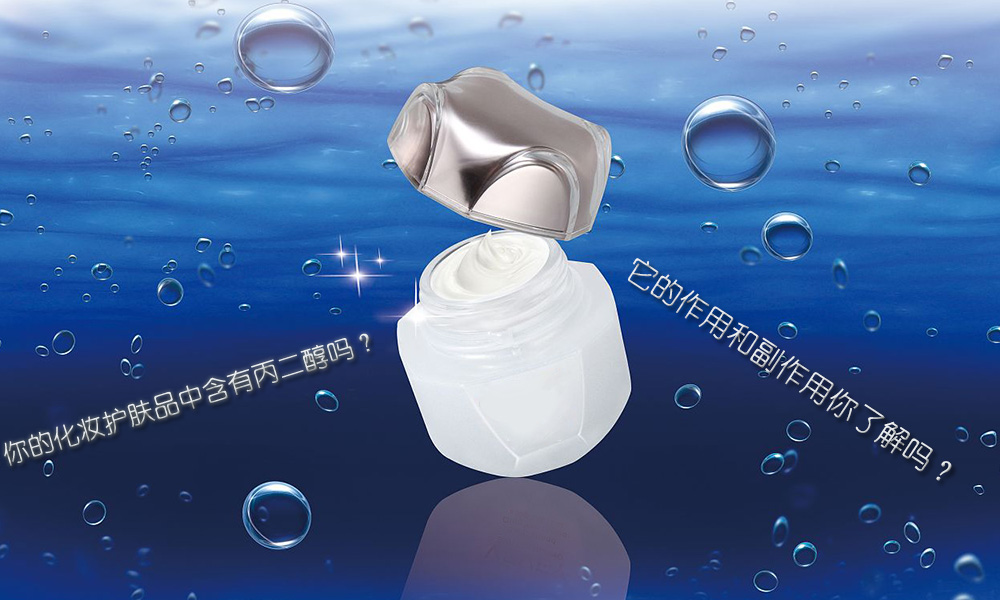
Propylene glycol is a widely used polyol, Propylene glycol Under normal conditions, it is a colorless and viscous liquid, almost odorless, and smells slightly sweet. Propylene glycol can be used as a raw material for unsaturated polyester resin and as a wetting agent in cosmetics and skin care products.
1. Propylene glycol is used in cosmetics and skin care products Specific functions:
Hygroscopic propylene glycol, like commonly used ointments, facial masks, lotions, and facial cleansers This ingredient can be found in lotions, essences, makeup removers, moisturizing lotions and plant extracts. It is generally a hydrophilic and moisturizing ingredient commonly found in makeup removers. Its real function is to help dissolve dirt and prevent the skin from drying out too quickly during makeup removal. It is also often used in lotions and essences. In addition to its moisturizing ability, it can help the penetration of active ingredients. , in addition, it also helps with antiseptic ability, but it is irritating to the skin and eyes to a certain extent; it is a small molecule moisturizing ingredient that can retain water in the stratum corneum, but the water absorption ratio is not high.
2. Possible side effects of propylene glycol on the skin: strong>
According to the understanding of propylene glycol suppliers: Generally, the concentration of propylene glycol added in cosmetics is less than 5%, which generally does not cause any harm to the skin. What effect does it have, but you need to be careful. If it is used for a long time and excessively, it will cause damage to the skin, especially sensitive skin.
The possible side effects of propylene glycol on the skin include the following:
(1) Irritation: Some people may experience subjective burning, stinging, or itching sensations when using it.
(2) Degreasing: Propylene glycol has the characteristics of a fat-soluble solvent, with strong permeability and high solubility. Excessive use may be It will cause harm to the skin. Long-term use of high concentrations of propylene glycol will have an impact on the epidermis and sebum structure.
(3) Irritant dermatitis: Propylene glycol is irritating to the skin and mucous membranes. The higher the concentration, the more sealed the condition. If used under certain conditions, the greater the irritation will be, which will cause skin redness, rash, peeling, itching and rough skin. </span

 微信扫一扫打赏
微信扫一扫打赏

